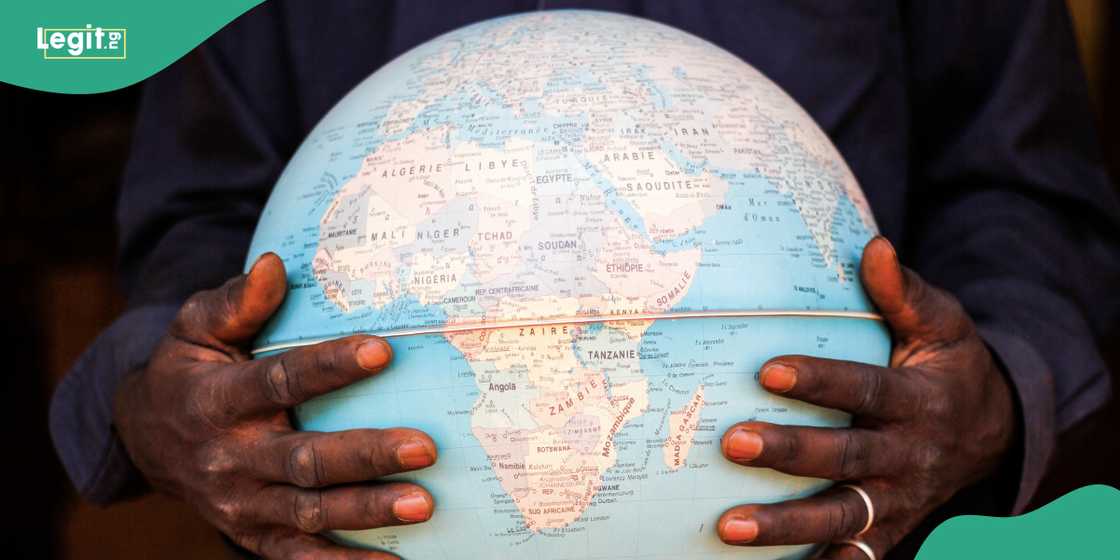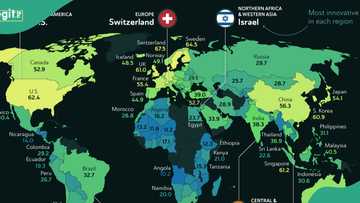FULL LIST: 5 Newest Countries in the World as Map Evolves
- The world's map continues to evolve as new countries emerge due to independence struggles
- The five newest countries gained independence through diverse historical events and now navigate unique paths of development and international integration
- While these nations celebrate sovereignty, many face ongoing challenges, such as civil conflict, economic rebuilding, and political disputes
The world’s map continues to evolve, with new nations emerging from historical events such as independence struggles, the breakup of larger countries, and international agreements.
Below are the five newest countries to join the global community:

Source: Getty Images
1. South Sudan (2011)
- Independence Date: July 9, 2011
- Capital: Juba
South Sudan emerged as the world's youngest nation after a referendum in which an overwhelming 98.83% of voters opted for independence from Sudan. However, as reported by Vanguard, the country continues to grapple with a civil war and persistent struggles to achieve peace and stability.
2. Montenegro (2006)
- Independence Date: June 3, 2006
- Capital: Podgorica
Montenegro gained independence from Serbia following a referendum where 55.5% of voters supported secession. It became the 192nd member of the United Nations and is actively pursuing EU membership, while also playing a crucial role in NATO as its 29th member state.
3. Serbia (2006)
- Independence Date: June 5, 2006
- Capital: Belgrade
After Montenegro's independence, Serbia became the successor state. It continues to prioritize economic development and strives for EU membership, all while grappling with the ongoing issue of Kosovo's independence.
4. Timor-Leste (2002)
- Independence Date: May 20, 2002
- Capital: Dili
After years of Indonesian occupation, Timor-Leste became an independent country following a UN-backed referendum. The country continues to rebuild its economy, heavily relying on oil and gas exports.
5. Palau (1994)
- Independence Date: October 1, 1994
- Capital: Ngerulmud
Palau gained independence through a Compact of Free Association with the U.S., and continues to rely on U.S. financial aid and defense support. Later that year, it joined the United Nations, establishing its presence on the global stage.
5 African countries that spend the most time on social media
Earlier, Legit.ng reported that as social media platforms have evolved from mere communication tools to dynamic spaces for news, commerce, and entertainment, Africa’s digital landscape has followed suit with substantial engagement across platforms.
Here’s a look at the top five African nations where users spend the most time on social media each day: Kenya — 3 hours 43 minutes; South Africa — 3 hours 37 minutes; Nigeria — 3 hours 23 minutes; Ghana — 2 hours 43 minutes; Egypt — 2 hours 41 minutes.
Proofread by Kola Muhammed, journalist and copyeditor at Legit.ng
Source: Legit.ng





